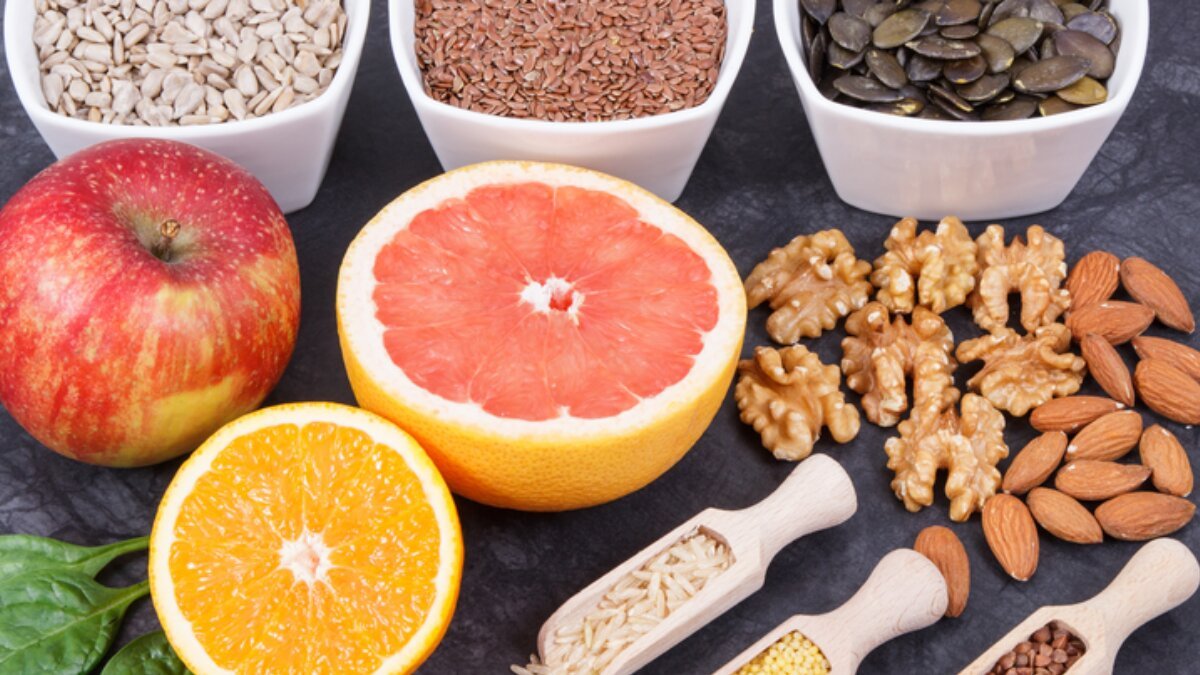Understanding how diet impacts thyroid health
The thyroid gland plays a critical role in regulating your metabolism, energy levels, mood, and overall hormonal balance. Whether you’re dealing with hypothyroidism (underactive thyroid) or hyperthyroidism (overactive thyroid), certain foods can worsen your symptoms or interfere with thyroid hormone production and absorption. This guide outlines specific food items you should avoid if you have a thyroid condition, based on current medical and nutritional understanding.
Why soy-based foods disrupt thyroid hormone production.
Soy and soy-based products such as tofu, soy milk, edamame, and soy protein isolates contain isoflavones plant-based compounds that can interfere with the activity of thyroid peroxidase, an enzyme required for thyroid hormone synthesis. This interference is especially concerning for people with iodine deficiency or hypothyroidism.
Frequent consumption of soy may also impact the absorption of levothyroxine, the synthetic thyroid hormone used in treatment. If you include soy in your diet, it’s important to maintain a gap of at least four hours after taking thyroid medication.
How cruciferous vegetables reduce iodine uptake
Cruciferous vegetables like broccoli, cauliflower, Brussels sprouts, kale, and cabbage contain goitrogens substances that can block the thyroid’s ability to use iodine, which is essential for hormone production. Goitrogens are particularly problematic for individuals with an underactive thyroid, especially if their diet is low in iodine.
While these vegetables are healthy in moderation, excessive raw consumption should be avoided. Cooking them reduces their goitrogenic effects significantly, making them safer for thyroid patients.
The link between gluten and autoimmune thyroid disorders
People with autoimmune thyroid diseases like Hashimoto’s thyroiditis or Graves’ disease are often sensitive to gluten, a protein found in wheat, barley, and rye. Gluten intolerance can trigger inflammation and worsen autoimmune responses, leading to further thyroid dysfunction.
Removing or reducing gluten from the diet may help manage symptoms and improve the absorption of thyroid medications. Gluten-free alternatives such as quinoa, rice, buckwheat, and certified gluten-free oats are safer options.
Excessive sugar intake leads to hormonal imbalance
Excessive consumption of refined sugar can disrupt blood glucose levels and contribute to insulin resistance, which has been linked to thyroid dysfunction. For individuals with hypothyroidism, managing weight can already be challenging, and sugar intake exacerbates the issue by promoting weight gain and fatigue.Cutting back on desserts, sugary drinks, and processed snacks helps maintain stable energy levels and supports better hormonal regulation.
Processed foods are often high in sodium and preservatives
Many processed and packaged foods contain high amounts of sodium, preservatives, and artificial additives that can affect thyroid function. For people with hypothyroidism, especially those taking levothyroxine, a high sodium intake can increase the risk of high blood pressure, a common complication.
Furthermore, additives like nitrates and sulfites may also contribute to inflammation, which can affect autoimmune thyroid conditions. Stick to whole, unprocessed foods to reduce your exposure to these harmful compounds.
Limiting caffeine for better thyroid hormone absorption
Caffeine, found in coffee, tea, energy drinks, and certain sodas, can interfere with the absorption of thyroid hormone replacement medications. Drinking coffee too soon after taking your medication can reduce its effectiveness, leading to unstable hormone levels.
It’s best to wait at least 30–60 minutes after taking your medication before consuming any caffeinated drinks. Herbal teas or warm lemon water can be good alternatives in the morning.
Avoiding fatty meats and full-fat dairy to reduce inflammation
High-saturated-fat foods such as fatty cuts of red meat, full-fat milk, cheese, and butter can contribute to systemic inflammation. Chronic inflammation can interfere with thyroid function and worsen symptoms such as fatigue and brain fog.Opting for lean protein sources, plant-based fats like avocados and olive oil, and low-fat dairy alternatives can help reduce inflammation and support thyroid health.
Alcohol interferes with thyroid hormone metabolism
Alcohol affects the thyroid gland in multiple ways. It can suppress thyroid hormone production, interfere with hormone conversion (T4 to T3), and damage liver function, which is crucial for hormone metabolism. For individuals with thyroid disorders, alcohol may worsen fatigue, mood swings, and metabolic issues.
Limiting alcohol intake or avoiding it altogether can improve your energy levels and medication effectiveness.
Artificial sweeteners may disrupt gut-thyroid connection
Artificial sweeteners like aspartame, sucralose, and saccharin can alter gut microbiota, which plays a significant role in immune regulation and thyroid function. A disturbed gut environment can trigger inflammation and worsen autoimmune thyroid symptoms.
Natural alternatives like stevia or monk fruit extract may be better choices if you want to reduce sugar without harming your gut or thyroid health.
Make informed dietary choices for better thyroid health
Managing a thyroid condition requires more than just medication. Your diet plays a crucial role in either supporting or hindering thyroid function. Avoiding the foods listed above and focusing on whole, nutrient-dense meals can significantly improve how you feel day to day. Always consult your healthcare provider or a registered dietitian before making major dietary changes, especially if you’re on thyroid medication.




